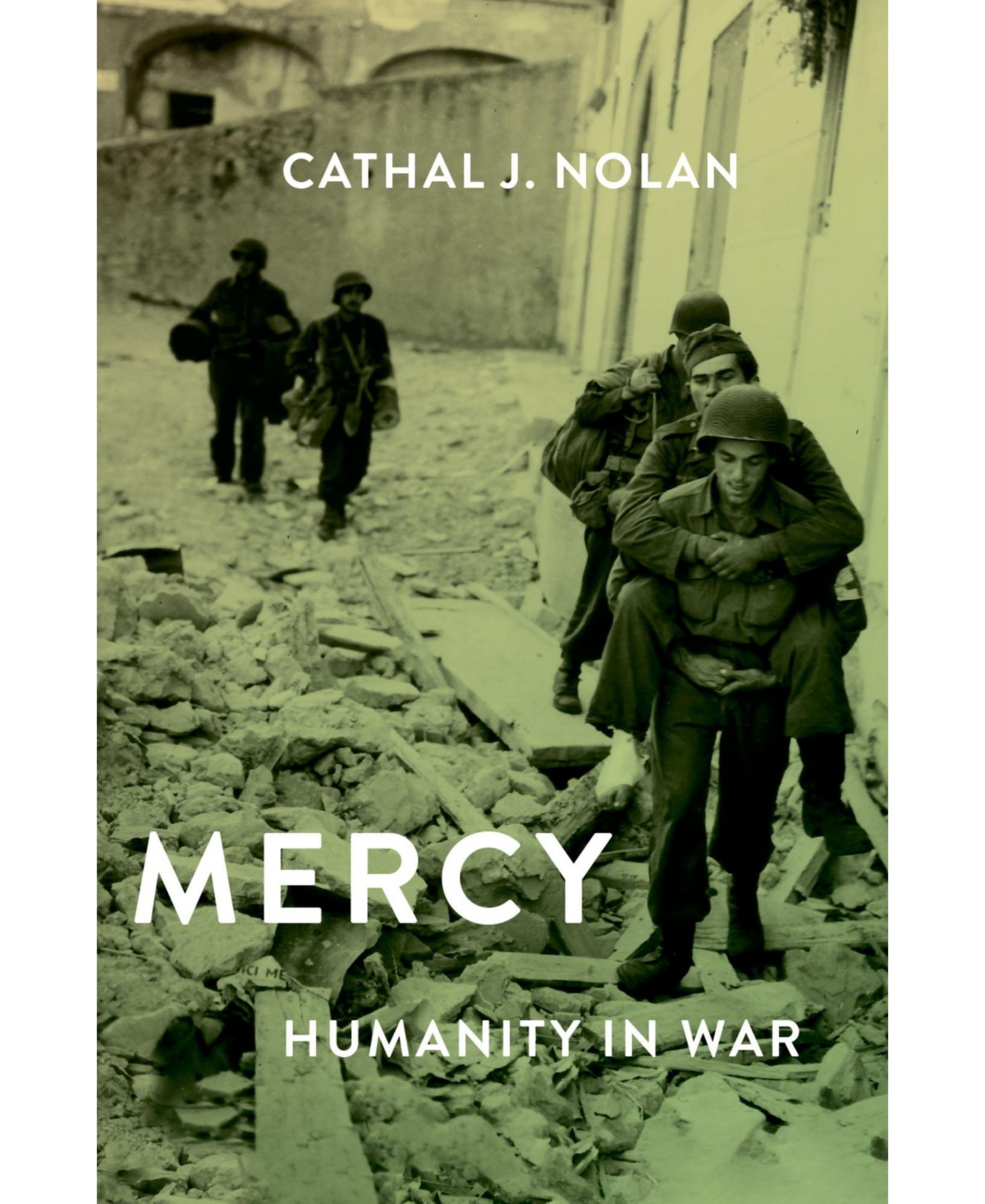War presents the most degraded moral environment humanity creates. It is an arena where individuality is subsumed in collective violence and humanity is obscured as a faceless, merciless enemy pitted against its reflection in an elemental struggle for survival. A barbaric logic has guided the conduct of war throughout history. Yet as Cathal Nolan reveals in this gripping, poignant, and powerful book, even as war can obliterate hope and decency at the grand level it simultaneously produces conditions that permit astonishing exceptions of mercy and shared dignity. Pulling the trigger is usually both the expedient thing and required by war's grim and remorseless calculus. Yet somehow the trigger is not always pulled. A different choice is made. Restraint triumphs. Humanity is rediscovered and honored in a flash of recognition. This book gathers and explores acts of singular mercy, giving them form and substance-across wars, causes, and opposing uniforms. These acts demand our attention not only for the moral uplift they supply but because they challenge assumptions about humanity itself. Rising above ordinary courage, they may ultimately transcend our understanding, entering the realm of the ineffable. Nevertheless, as Nolan shows, acts of mercy in war are not the provenance of saints but of ordinary men and women who perform them at great personal risk.











